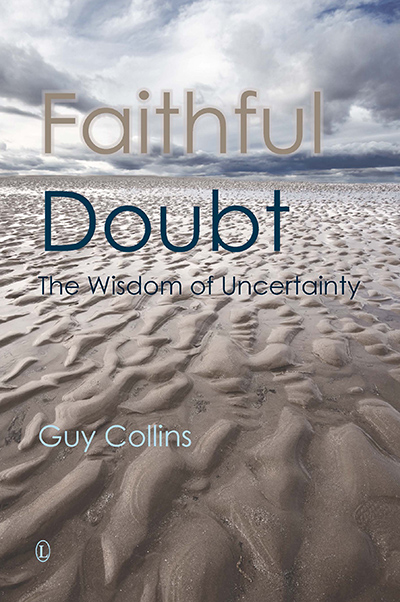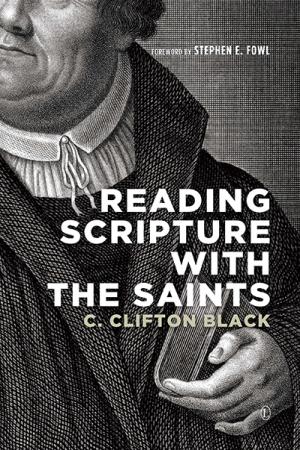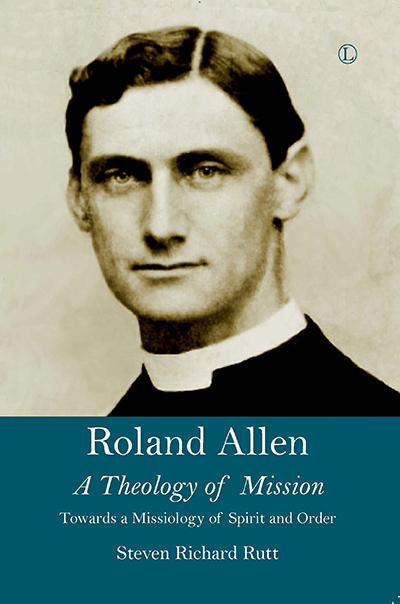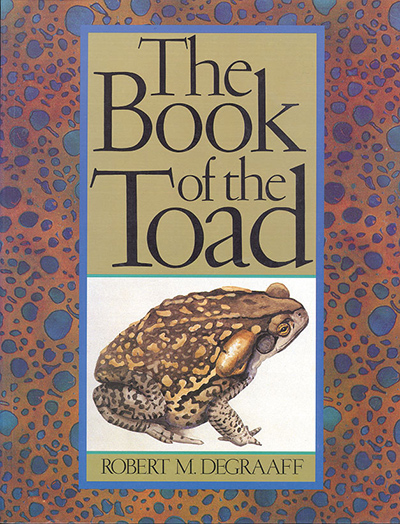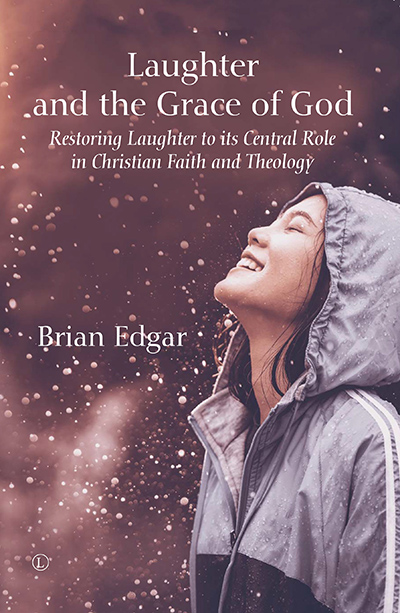Description
Focussing on three philosophers – Giorgio Agamben, Jacques Derrida, and Slavoj Žižek – Faithful Doubt argues that atheism can be redeeming. Far from being inhospitable to faith, doubt is increasingly necessary for theology.
As well as introducing the thought of contemporary philosophers, Faithful Doubt examines the significance of popular entertainment and narrative. Novels by Ursula K. Le Guin, Neal Stephenson, China Miéville, and others are read alongside Star Wars and Battlestar Galactica. Fiction highlights the fluid nature of the sacred and the secular. On the question of evil, Faithful Doubt suggests that wisdom lies in acknowledging uncertainty. Weaving the story of Job together with St Augustine, Donald MacKinnon, and Eleonore Stump, evil exemplifies the necessity for doubt within theology. Faithful Doubt brings a new perspective to debates about the relationship between faith and reason. Concluding with a discussion of Søren Kierkegaard, Collins presents a compelling case for harnessing atheism and doubt in service to Christian faith. In order to “doubt wisely” we need to heed the “faith of the faithless”.
About the Author
Guy Collins is the Rector of St Thomas Church, Hanover, and the Episcopal Chaplain to Dartmouth College.
Contents
Acknowledgments
Introduction
1. Uncertain Truths
The Logic of Certainty
Memory Loss
On Not Knowing
Doubting Wisely
2. After Reason
First Paradigm – The Force
Second Paradigm – The Cylons
Intermission – Beyond the Cogito
Third Paradigm – Scientific Monasticism
The Future Is Now
The Sacrality of the Secular
3. The Impossible
Questioning God
Divine différance
Tout autre est tout autre
The Impossibles: Derrida’s Paradoxes
Forgiving Religion?
4. Diabolical Deities
Denying Hell
The Devil Is Not in the Detail
Beyond Anthropomorphism: Augustine
Beyond Being
5. Holy Agnosis
The Banality of Evil
Beyond Augustine? The Challenge of Eleanore Stump
6. True Fiction
Ruffian or Saint?
Babel
The Book of Nature and the Theological Origins of Science
Paying Tribute with a Little Help from Augustine
The Good Samaritan
Fiction Sets You Free
7. Redeeming Atheism
The Divinity of Atheism
The Potentiality of Atheism
8. Breach
Faithful Fragments
On Somewhat Disagreeing with Kierkegaard
Miéville’s Breach
The Fiction that I Am
The Structure of Desire
Beyond Faith or Doubt
The Faith of the Faithless
Divine Breach
The Poetry of Faith
Bibliography
Index
Endorsements and Reviews
From Star Trek and The Hunger Games to Žižek, Agamben, and Derrida, and from the theology of the Apostle Thomas to Kierkegaard and Honest to God, Faithful Doubt presents a powerful body of evidence in favour of the view that believers and atheists alike are ill-served by the ‘God wars’ of the last decade. Guy Collins persuades us that there is indeed wisdom in uncertainty and that faith itself is helped by the admission of doubt.
George Pattison, University of Glasgow
Theological traditions, cutting-edge philosophy, and popular fiction are skilfully woven together. If you are tired of the sterile clash of religious and atheist fundamentalisms, read this book.
Steven Shakespeare, Liverpool Hope University
Guy Collins engages with the whole gamut of philosophy and popular culture in order to question certainties and fundamentalisms of all kinds, whether religious or secular. Written in a lively and accessible style, he shows how doubt is the necessary counterpart to faith, rather than its avowed enemy. Highly recommended for all thoughtful readers, of any faith or none.
Gavin Hyman, University of Lancaster
